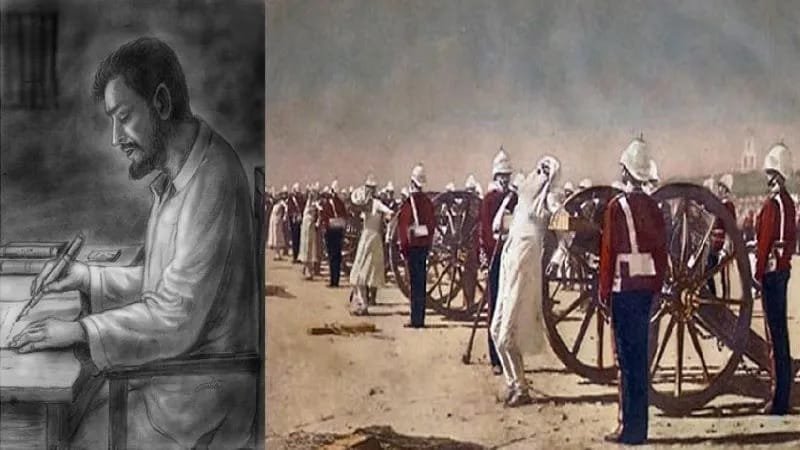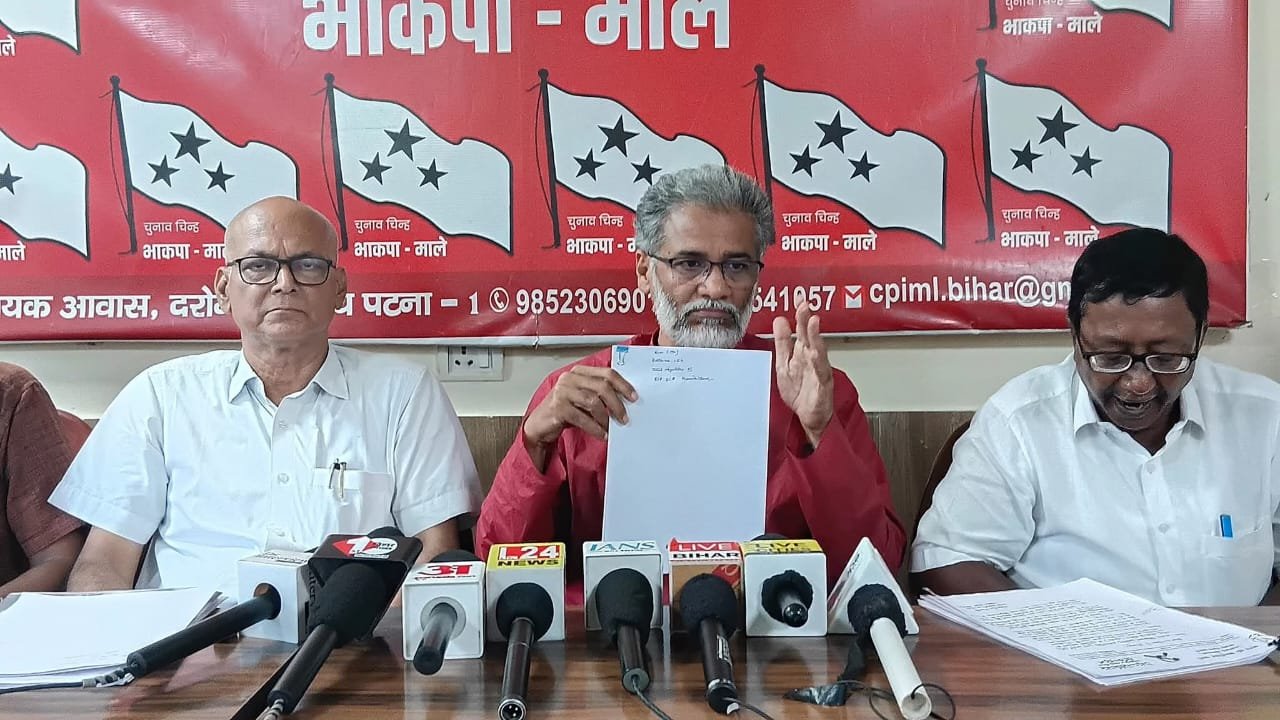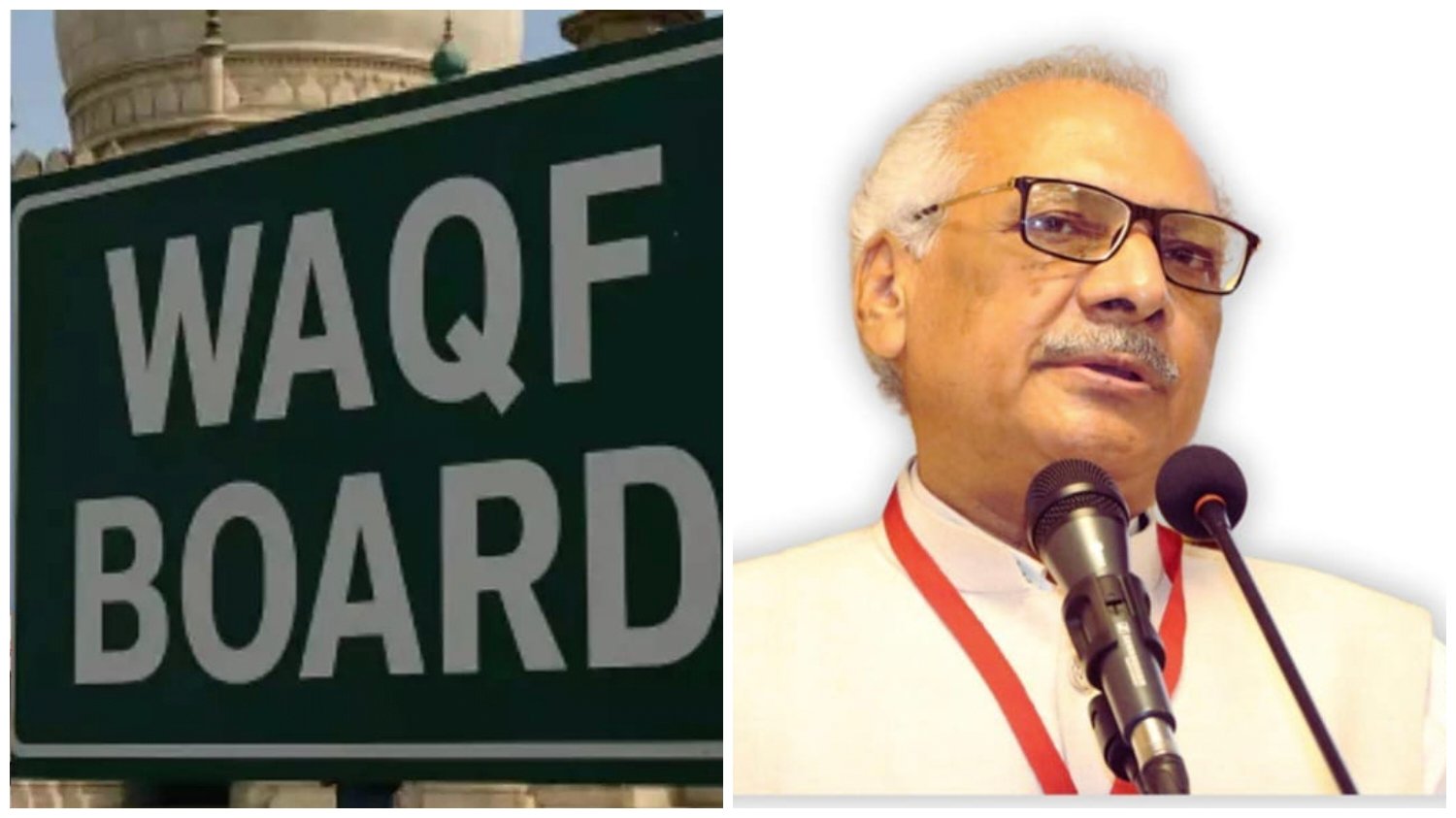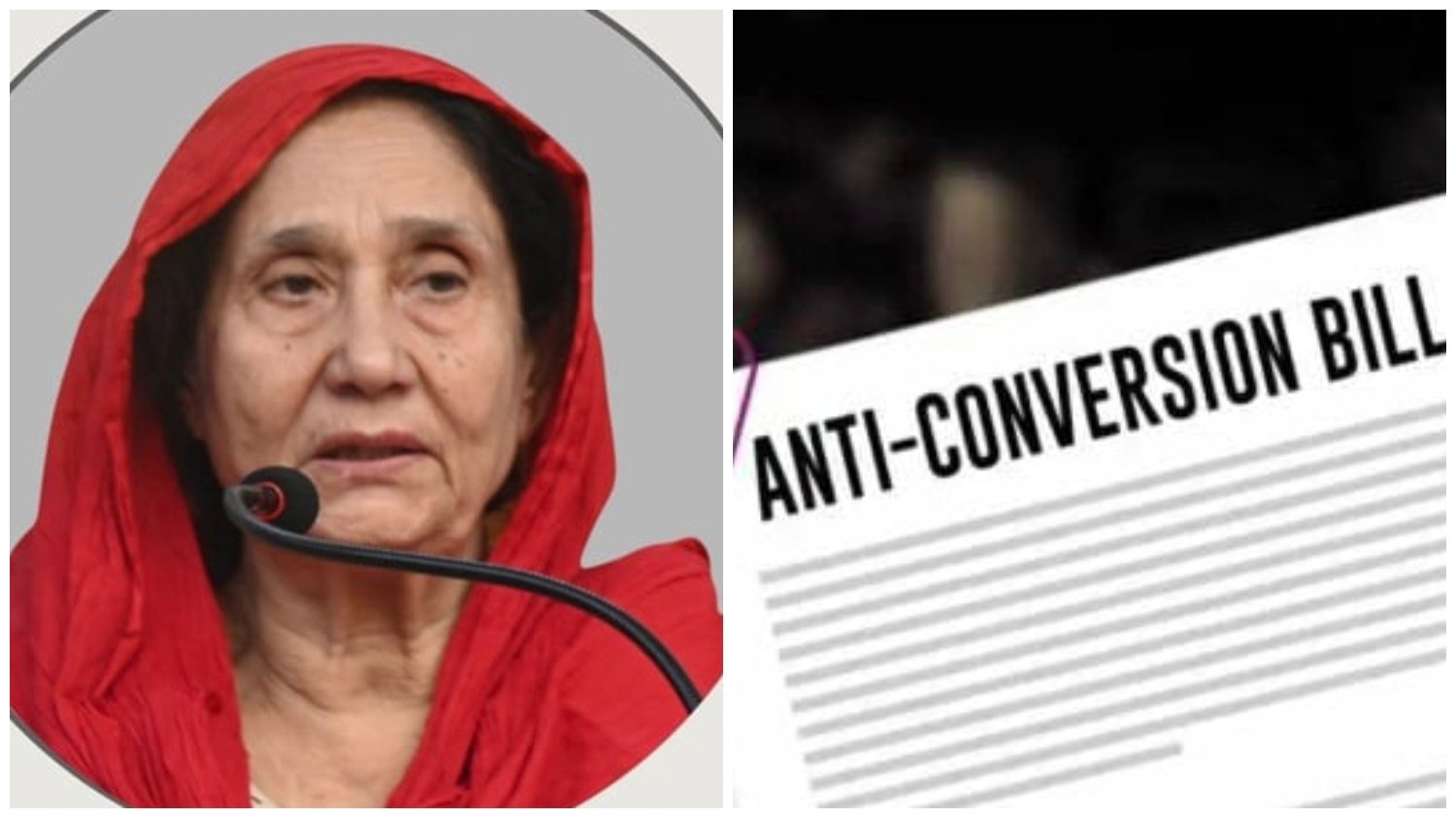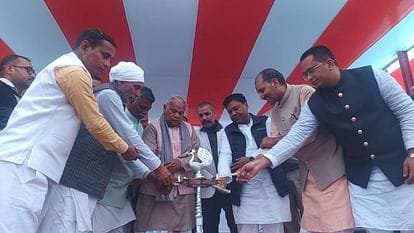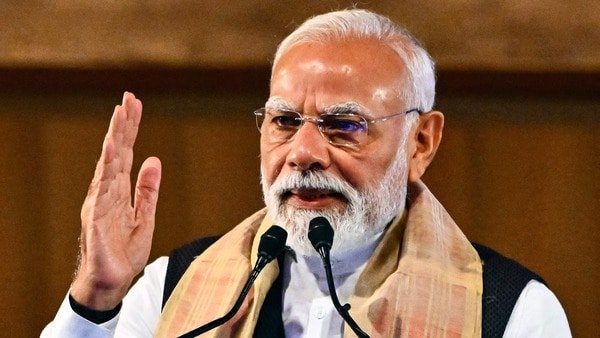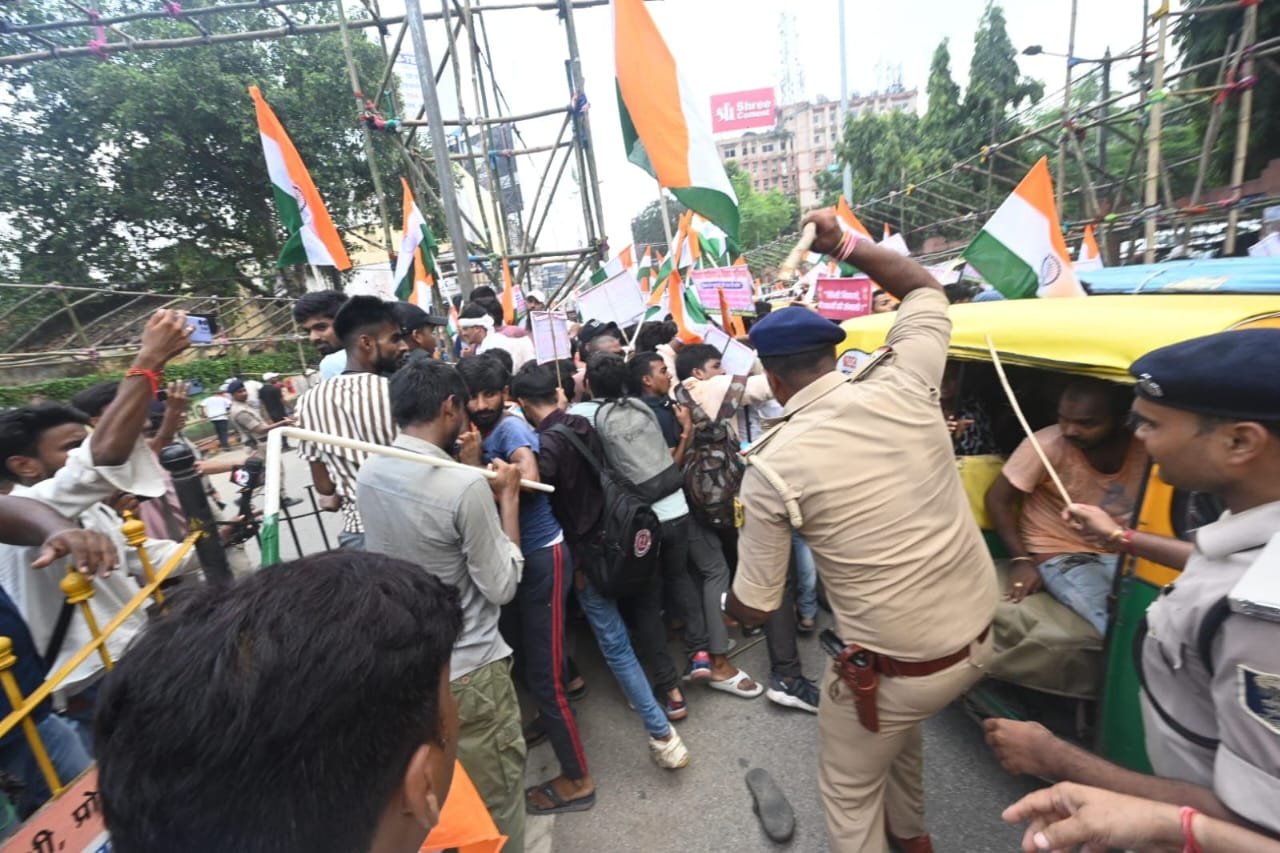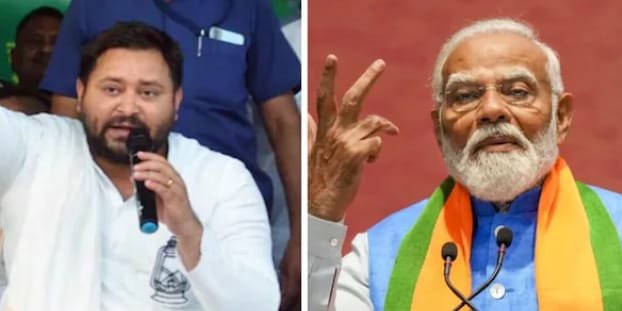Insaaf Times Desk
Whenever the story of India’s freedom struggle is told, the Revolt of 1857 emerges as a decisive turning point. This uprising shook the foundations of British rule not only through the sword but also through the power of the pen. Among those who turned journalism into the voice of the people — and paid with his life for it — was Maulvi Mohammad Baqar, remembered today as the first martyr of Indian journalism.
Born around 1780 in Delhi, Baqar was educated in Arabic and Persian and was also familiar with Western thought. Delhi, at the time, was a hub of intellectual activity, and that environment gave his ideas a new direction.
In 1835, Baqar founded the Delhi Urdu Akhbar. While most newspapers of that era bowed to the British, Baqar’s paper stood apart. He highlighted the struggles of farmers, artisans, and ordinary citizens, and sharply criticized colonial policies. In Delhi’s streets, it was said: “Read Baqar’s paper, and you will know the truth.”
When the sepoy rebellion reached Delhi in May 1857, the Delhi Urdu Akhbar became the voice of the revolutionaries. Baqar wrote that the fight was not merely for the throne of the Mughal emperor, but for the independence of the entire nation. His writings inspired people to join the uprising. British officer General Hudson reported: “The Delhi newspaper is inciting the people — stop it.”
In September 1857, the British recaptured Delhi. A list of rebels was drawn up, and Baqar’s name was on it. He was executed without trial in Chandni Chowk, shot dead at the age of 77. The crowd stood in silence, their eyes wet with grief. His martyrdom proved that the power of the pen was no less than the power of the sword.
Historians believe Baqar’s sacrifice gave Indian journalism a new identity. Later came figures like Ganesh Shankar Vidyarthi, Bal Gangadhar Tilak, and Mahatma Gandhi — but the first example was set by Maulvi Baqar.
Today, as India stands as the world’s largest democracy, questions still surround press freedom and the safety of journalists. The martyrdom of Maulvi Baqar reminds us that journalism is not meant to serve power but to serve the people — and sometimes, that service demands the ultimate sacrifice.
Maulvi Mohammad Baqar — the first martyr of Indian journalism.


